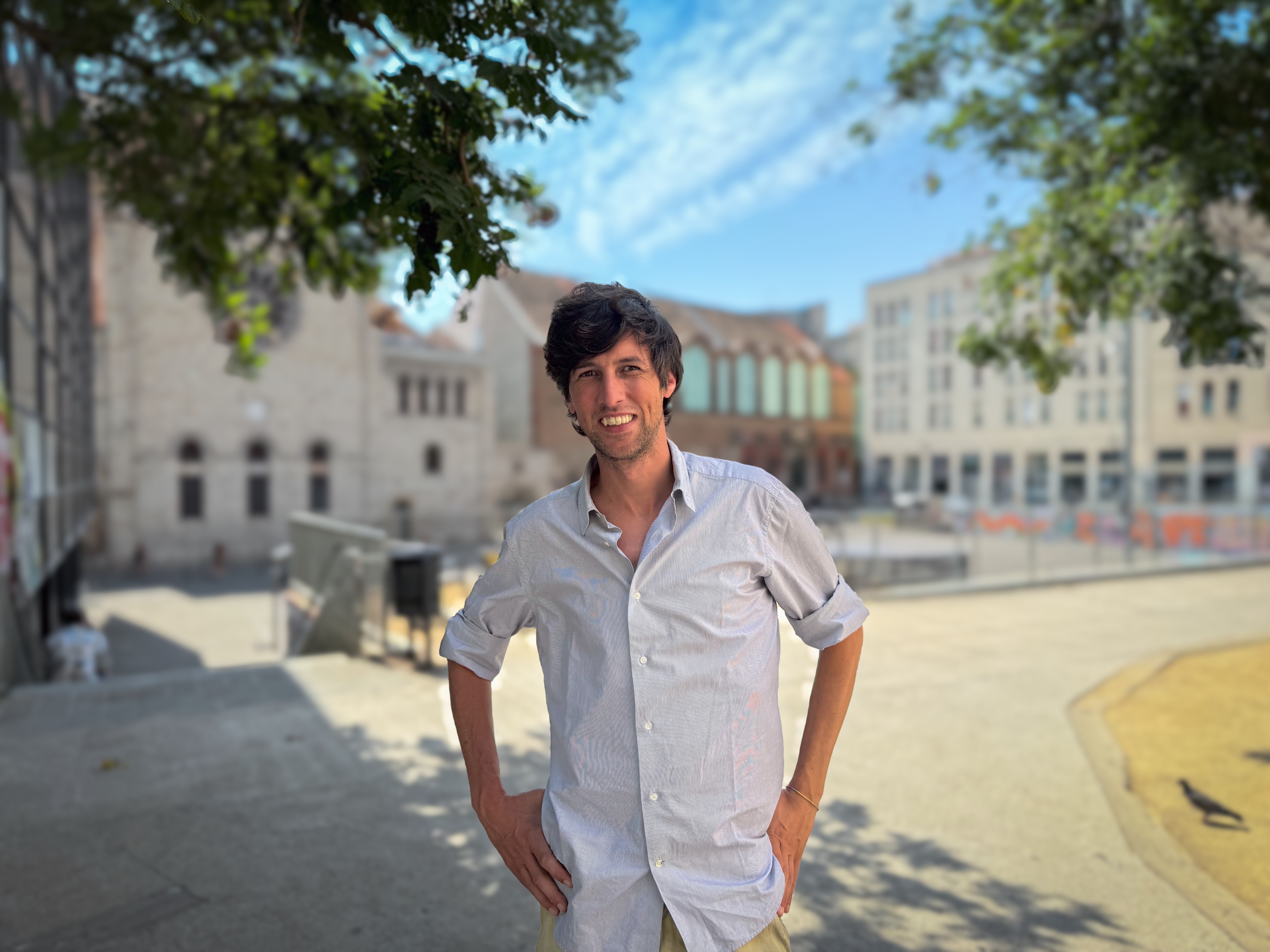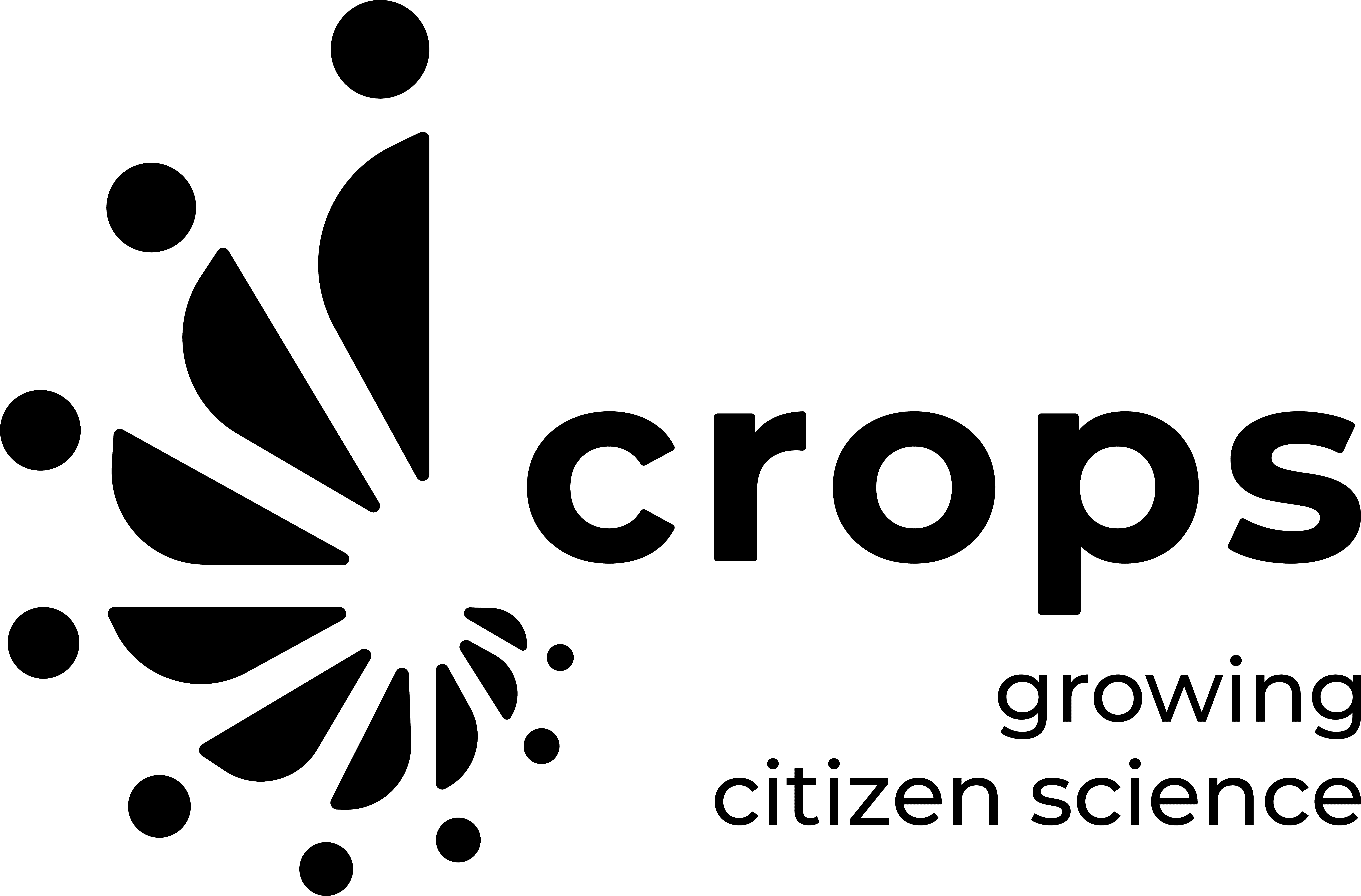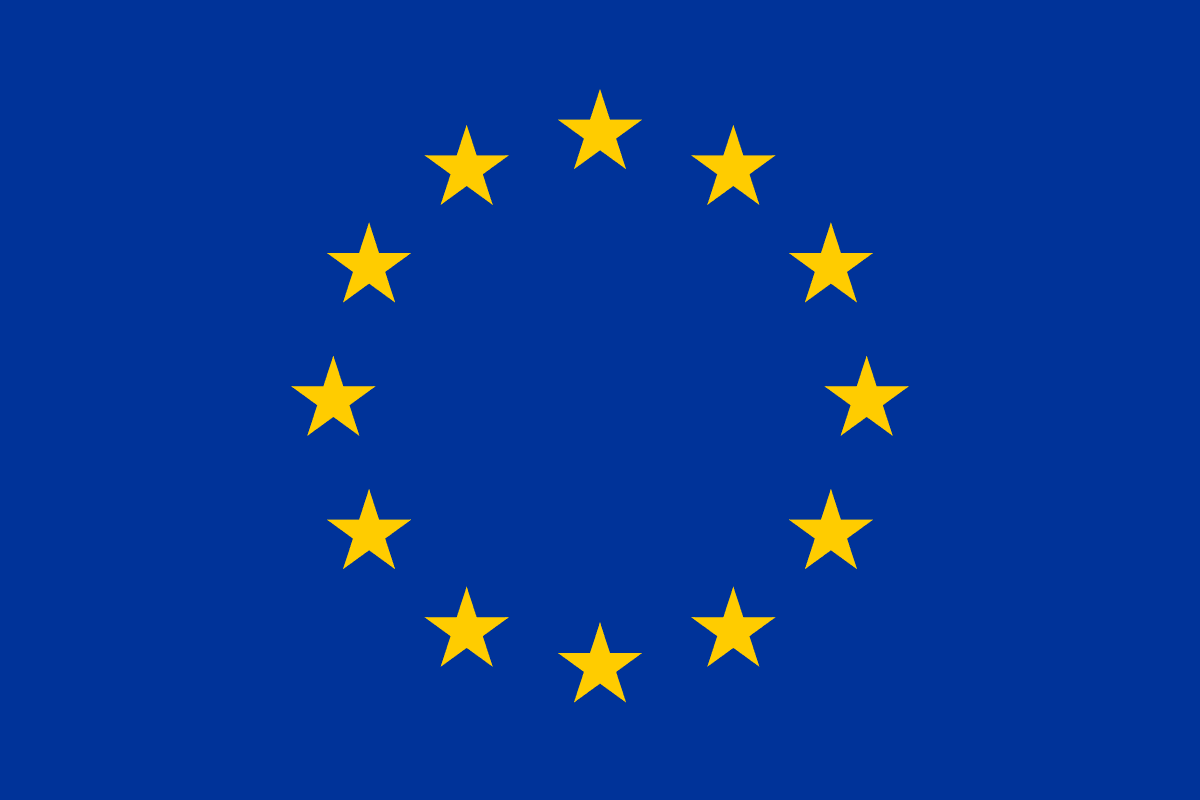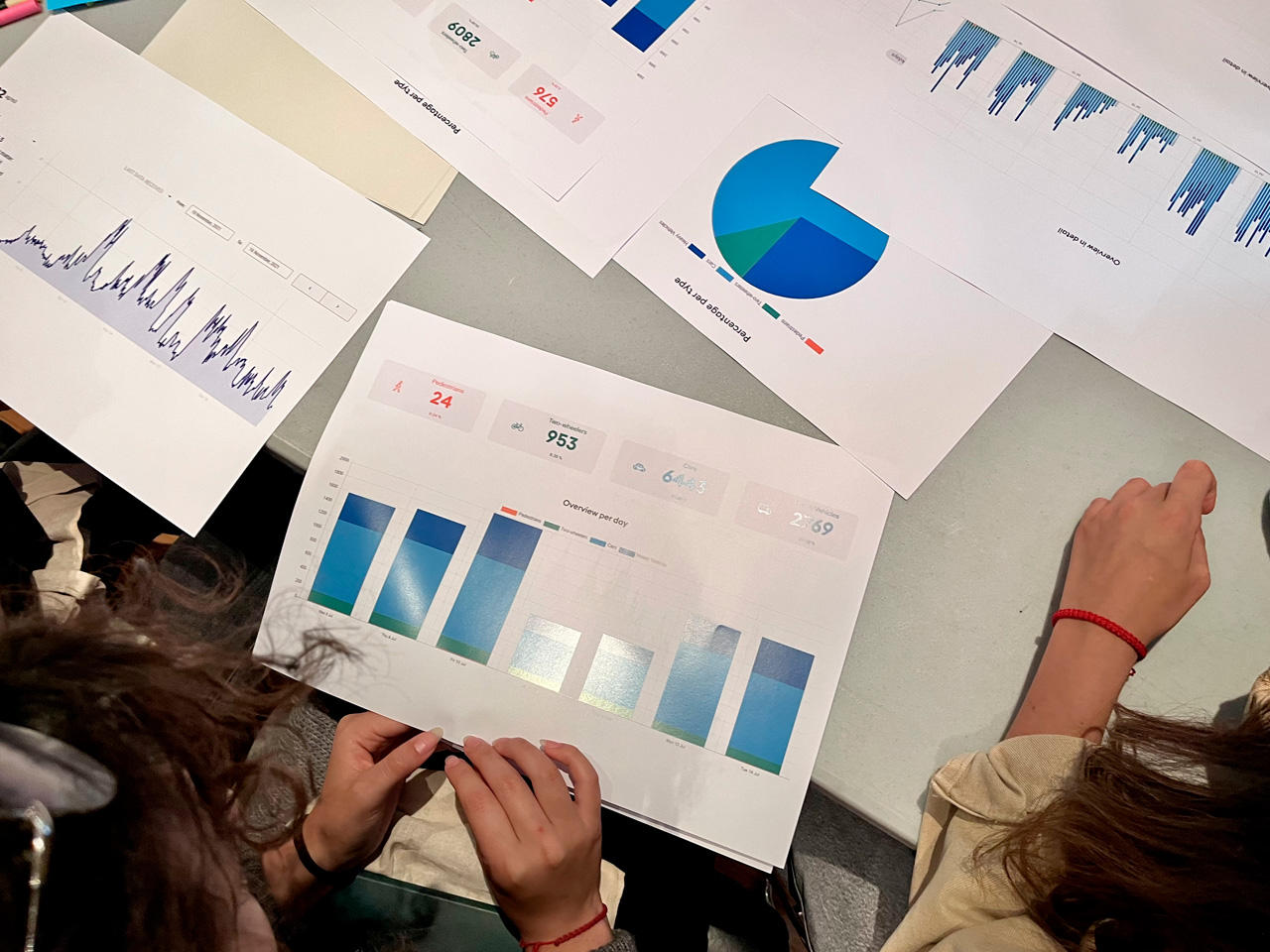Area
Research
Client
Project funded by the European Union
Year
2024 - 2027
Impact
Highlight the relevance and impact of citizen science projects to support the development of the objectives of the 5 EU Missions.
Mapping of 500 Citizen Science projects (European and Global) that are aligned with the objectives of the 5 European Missions
Research on literature regarding Citizen Science
Design of a strategy to analyse the potential impact of Citizen Science on the development of the 5 European Missions
Qualitative and quantitative interviews with stakeholders
Co-creation of validation workshops with stakeholders
Team
Giovanni is a researcher passionate about exploring current challenges at the intersection of technology, institutions, and society. With a background in engineering and a PhD in Information Systems, his research interests encompass IT and data governance, smart cities, open data and technology, and Management Information Systems (MIS).
giovannimaccani@ideasforchange.com

Giovanni Maccani
Research Director
Paola is a researcher and distributed designer focused on driving systemic change through collaborative, regenerative, and open-source solutions. At Ideas For Change, she works on citizen science, EDI (Equity, Diversity, and Inclusion) frameworks for the future of the internet, and energy efficiency solutions within EU-funded projects such as CROPS, NGI, and OneClickReno, among others.
paolazanchetta@ideasforchange.com

Paola Zanchetta
Researcher


Funded by the EU (GA 101131696). Views expressed are those of the author(s) only and do not necessarily reflect those of the EU or the granting authority (REA). Neither the EU nor the granting authority can be held responsible for them





Projects



